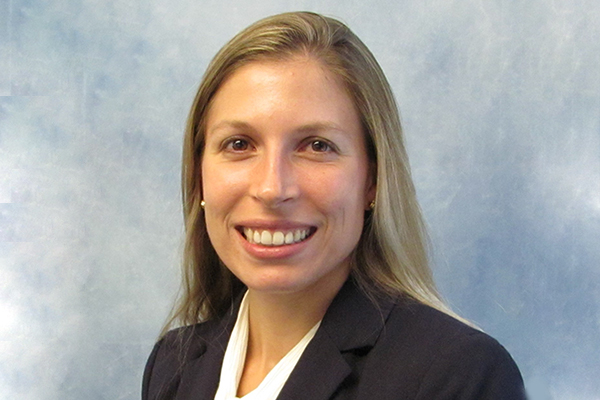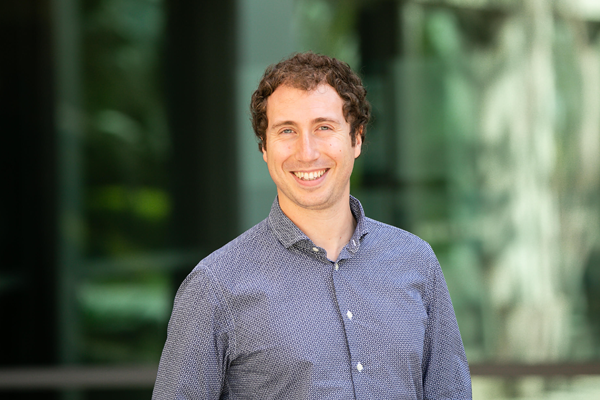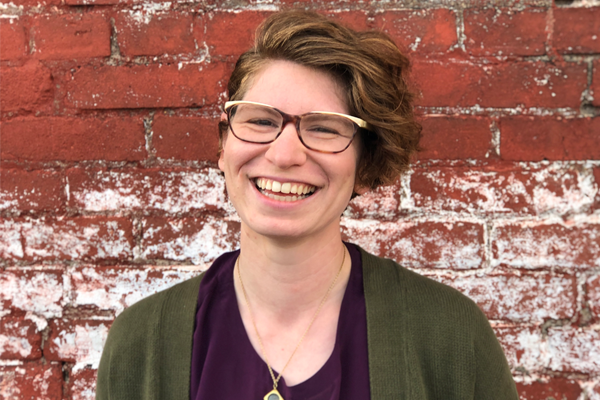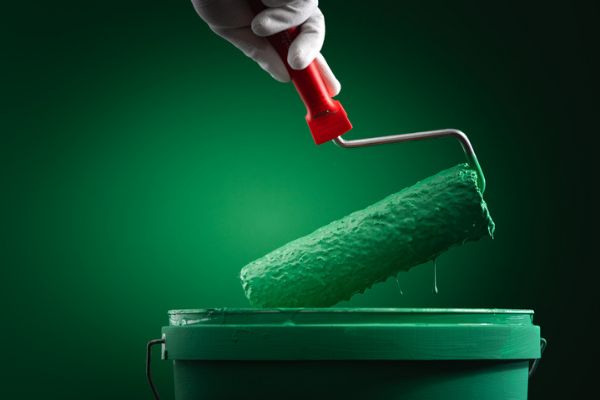By: Neil Savage, special to C&EN
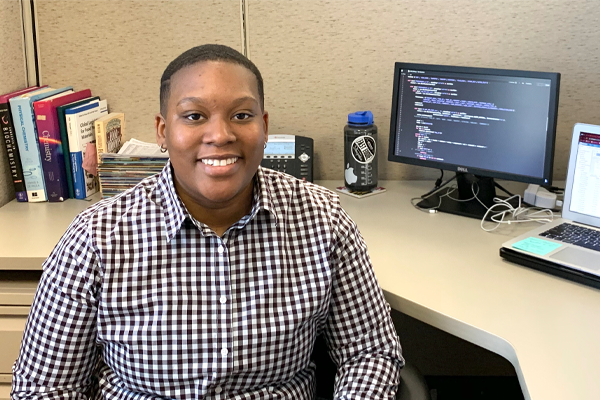
What’s in your lab coat pocket?
I do not wear a lab coat anymore.
So what do you carry with you?
My laptop. My external hard drive always has to be with me. Either an SQL [Structured Query Language] or a Python coding reference book.
What’s your favorite thing to work on?
New projects, where I can work on new code.
What can’t you live without in your job?
My support. There are people in the company that have chemical backgrounds, and I use them as a sounding board.
Who’s your mentor?
A coworker, Bob King.
Who’s your science hero?
T. Colin Campbell, a biochemist who wrote Whole, a book about the science of nutrition.
What’s the best piece of advice you’ve received?
No one’s going to do the work for you. If you want things done, you have to work for it, and work hard.
Windows or Mac?
Oh, Mac, totally.
Do you have a favorite food?
Granny Smith apples.
Any hobbies?
I play video games. I love Super Mario Brothers.
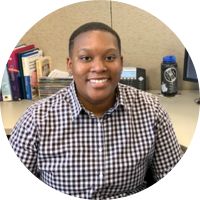
Bree Taylor grew up watching a lot of CSI-type police procedural shows and was drawn to the idea of becoming a forensic scientist. If she was going to do that, she figured, she should study either chemistry or biology in college. She chose forensic chemistry, earning a degree at Virginia State University.
But along the way, she started to think about whether she really wanted to deal with dead bodies or with the politics that can accompany a job in the medical examiner’s office. So she focused on a different interest. “I had this passion for food and nutrition,” Taylor says. “I had this epiphany—‘You could do something with your degree in chemistry in food.’ ”
She took a job as a quality assurance chemist with Pompeian, a company in Baltimore that makes olive oil and cooking wine. Taylor helped make sure the firm’s products met federal and international standards. She soon moved on to W. R. Grace, where she worked as a process control technician, performing daily tests on additives for sauces, fruit juices, beer, and other products.
After earning an MS in chemistry from George Mason University, Taylor changed tack to pursue a more computational approach to quality assurance. She’s now a data quality analyst at Decernis, a risk management firm that helps companies ensure that they’re complying with regulations in various countries regarding ingredients in food, toys, furniture, and other products. She applies her chemist’s eye to a database of rules about the type or amount of substance a given product can contain.
It’s not as simple as looking up whether a given additive is, say, legal in China or banned in Mexico. Taylor also confirms product designers are interpreting those rules correctly and considering issues such as potential by-products when ingredients are mixed together. The job has also introduced her to yet another area that interests her. “I’ve become more involved with the coding side, the handling of the data,” Taylor says.

Neil Savage is a freelancer for Chemical & Engineering News, the newsmagazine of the American Chemical Society. This interview was edited for length and clarity.




